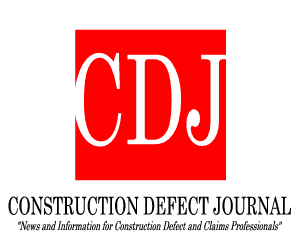
Attorneys at Payne & Fears LLP analyze the recent United States Supreme Court case regarding arbitration agreements.
On May 21, 2018, the United States Supreme Court held, in a 5-4 decision, that arbitration agreements which mandate individualized resolution of claims (as opposed to class or collective resolution) are enforceable under the Federal Arbitration Act ("FAA"). In doing so, the Court rejected the argument that such "class action waivers" violate Section 7 of the National Labor Relations Act ("NLRA"), which generally protects employees' rights to act "in concert" with one another.
The Court addressed a split created by decisions from three Federal Circuit Courts of Appeal: Epic Systems Corp v. Lewis (7th Circuit), Ernst & Young v. Morris (9th Circuit) and National Labor Relations Board v. Murphy Oil USA (5th Circuit). All three cases involved employees who sought to bring collective or class actions under the Fair Labor Standards Act (the "FLSA"), and their respective employers who sought to enforce pre-dispute arbitration agreements which waived such collective actions and mandated "one-on-one" arbitration of wage disputes. In support of their position, the employees argued that the class and collective action waivers were illegal because they violated the NLRA's prohibition on barring employees from engaging in "concerted activities."
Reprinted courtesy of Payne & Fears LLP attorneys Amy R. Patton, Jason I. Bluver and Jeffrey K. Brown
Ms. Patton may be contacted at arp@paynefears.com
Mr. Bluver may be contacted at jib@paynefears.com
Mr. Brown may be contacted at jkb@paynefears.com




